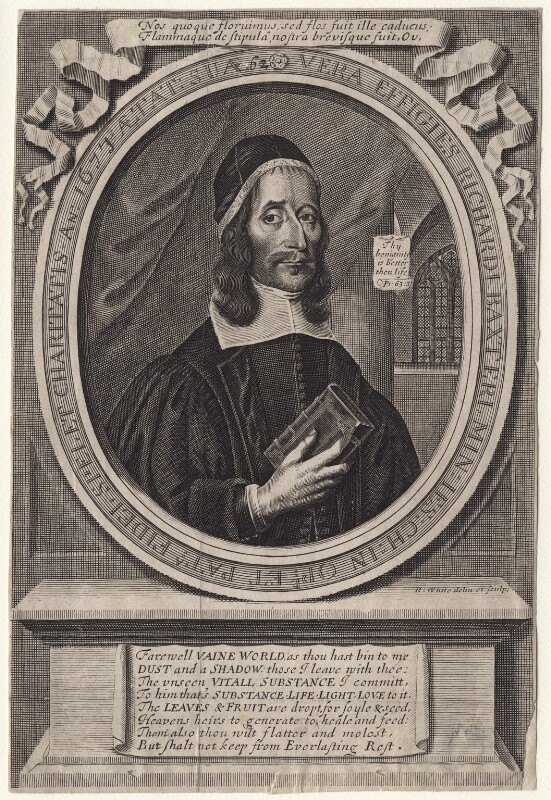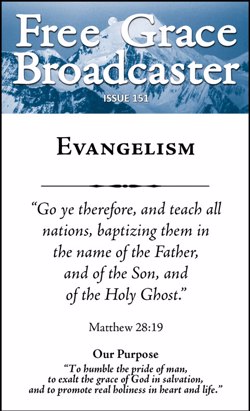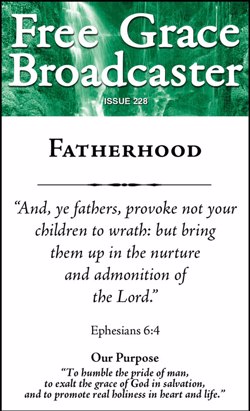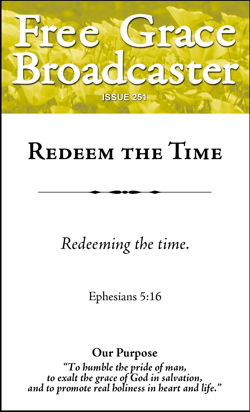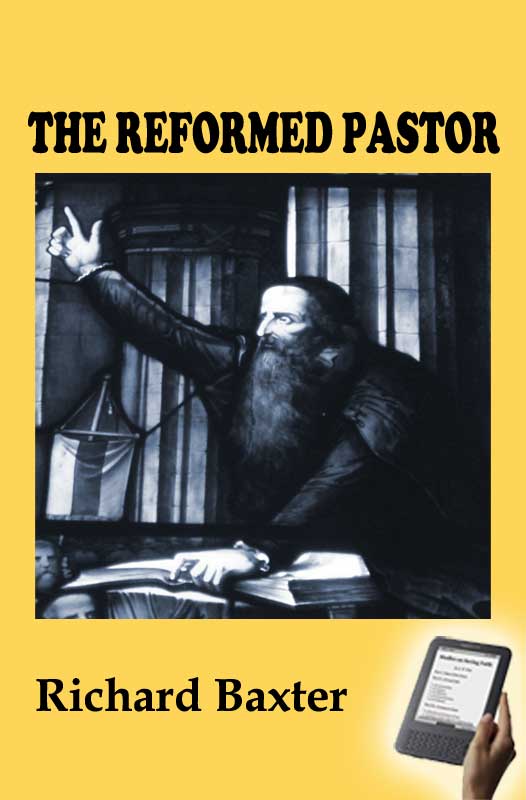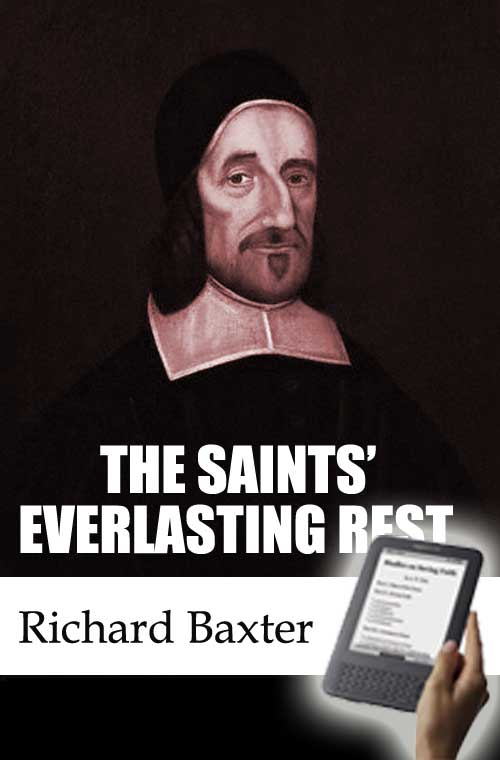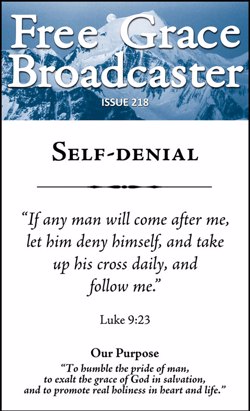Richard Baxter (1615-1691) was a prominent English churchman of the 1600s. He was a peacemaker who sought unity among Protestants, and yet he was a highly independent thinker and at the center of every major controversy in England during his lifetime.
Born in Rowton to parents who undervalued education, Baxter was largely self-taught. He eventually studied at a free school, then at the royal court, where he became disgusted at what he saw as frivolity. He left to study divinity, and at age 23, he was ordained into the Church of England. Within the Anglican church, Baxter found common ground with the Puritans, a growing faction who opposed the church’s episcopacy and was itself breaking into factions. Baxter, for his part, did his best to avoid the disputes between Anglicans, Presbyterians, Congregationalists, and other denominations, even convincing local ministers to cooperate in some pastoral matters. “In necessary things, unity; in doubtful things, liberty; in all things, charity,” he was fond of saying.
The interest in cooperation was not due to a lack of conviction. On the contrary, Baxter was opinionated in his theology, which was not quite Separatist and not quite Conformist. Among his more than 200 works are long, controversial discourses on doctrine. Still, he believed society was a large family under a loving father, and in his theology, he tried to cut between the extremes. He eventually registered himself as “a mere Nonconformist” (“Nonconformist” was a technical term meaning “not Anglican”), breaking with the Church of England mainly because of the lack of power it gave parish clergy.
Baxter also found himself as a peacemaker during the English Civil Wars. He believed in a monarchy but a limited one. He served as a chaplain for the parliamentary army and then helped to bring about the king’s restoration. Yet as a moderate, Baxter found himself the target of both extremes. He was still irritated with the episcopacy in 1660 when he was offered the bishopric of Hereford, so he declined it. As a result, he was barred from ecclesiastical office and not permitted to return to Kidderminster, nor was he allowed to preach. Between 1662 and 1688 (when James II was overthrown), he was persecuted and was imprisoned for 18 months, and he was forced to sell two extensive libraries. Still, he continued to preach: “I preached as never sure to preach again,” he wrote, “and as a dying man to dying men.”
Baxter became even better known for his prolific writing. His devotional classic The Saints’ Everlasting Rest was one of the most widely read books of the century. When asked what deviations should be permitted from the Anglican Book of Common Prayer, he created an entirely new one, called Reformed Liturgy, in two weeks. His Christian Directory contains over one million words. His autobiography and his pastoral guide, The Reformed Pastor, are still widely read today.
Richard Baxter – Christian Classics Ethereal Library

